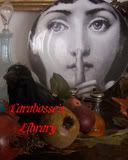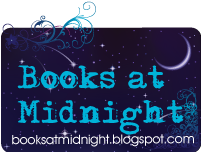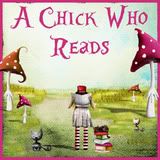Jane Freemont is British young lady with a very big problem. She is modern girl...but she lives in early 19th Century. Jane has a critical, inquiring mind that is always ready to state her honest opinions--no matter whom she may inconvenience. This causes the young gentlemen to run away for her--for men surely can welcome women's criticism so much more than they do. But that's our loss.
Jane's older brother, and only living relative, has sent her to live far away in the north, where he believes her critical and inquiring mind will no longer create problems for him. But as Jane arrives in beautiful Ravelston, she becomes determined to discover the fate of another, yet much less privileged, young woman who has mysteriously vanished. In Ravelston no one seems to care about what happened to Mary Hale, who was seen as unimportant because she was poor. But Jane will risk everything, even her future, to find out the truth.
And Jane will discover that powerful love, when not accepted in oneself, is one of the cruelest things there is.
This was a historical fiction that takes place in
Regency times, which is not as unusual as it was a few years ago, but which is
still new enough for the reader to be amused by the time period. It was an
interesting read, with some nice historical details, but it was a bit bogged
down by the author’s “telling” instead of showing.
Now, it had some really good moments towards the
end, where the pace picks up and the plot points come together to give us a
cohesive ending. And the characters, especially Jane, were interesting to read
about. Lord Andrew came off a tad too arrogant, but he was still amusing.
The town of Ravelston should also be considered
another character, since it has a personality of its own. As we read on, we get
to know what makes the town so unique. It definitely adds a paranormal element
to what the reader thinks will be a straight-forward mystery.
As I said, the only thing that got in the way of the
story was the telling instead of showing. This is a common style mistake, but
it does detract from the reading.
All in all, it’s an interesting take on the Regency
Era, and lovers of historical fiction will probably enjoy it for its
quirkiness.











































No comments:
Post a Comment